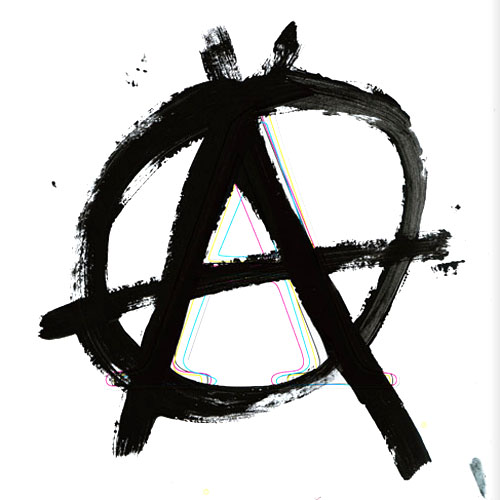The
Paris Commune
[Author: John Crosby]
The Paris Commune governed Paris after the
French army pulled out of Paris on March 18, 1871 and lasted until May 28, 1871. The Commune was officially proclaimed on
March 26 and functioned as a democratic socialist government (Gould, 718). George M. Wrong, and Englishman in Paris at
the time, describes the events as follows “The armed National Guard had seized
Paris after the evacuation by the Germans.
The leaders had proclaimed an advanced system of socialism, and they
were savagely resolved to put it in force,” (Wrong, 279). Gould cites several losses by the French Army
as a motivating factor for the insurrection, particularly the siege of Paris by
the Prussian army that lasted four months (Gould, 718). The conflict between the Commune and the
national government was very violent, and Gould states that “officers and
soldiers of the French army continued to execute those they captured at each
barricade, prompting the massacre by Parisians of dozens of hostages held by
the Commune,” (Gould, 718).
The Commune only lasted for a brief period of
time, and from May 21 to May 28 an estimated 25,000 Parisians had been killed,
many while surrendering to the French army.
Around 15,000 people were put on trial for their involvement in the
Commune and 23 would be executed by the military after being convicted in
military courts. Gould states that
roughly one-fifth were acquitted, and the rest were most likely either sent to
penal colonies or sent to prison (Gould, 718).
The Paris Commune is relevant to any study on socialism, as well as
anarchy, because it is an example of many of the ideals of both movements being
put into real world usage. The failure
of the Paris Commune is often cited as an example of the failure of anarchy as
a philosophy, and as such it is necessary to understand the actual history of
the Paris Commune as well as the events which made its establishment possible.
Link to Scholarly Essay
Gould, Roger V. Multiple Networks and Mobilization
in the Paris Commune, 1871.
American Sociological Review,
Vol. 56, No. 6. 1991. pp. 716-729.
Web. 23 Apr. 2012.
Archival
Materials
Murray, John. “Four Days In The Ambulances And
Hospitals Of Paris Under The Commune.” The British Medical Journal, Vol. 1, No. 542. 1871. pp.
541-542. Web. 23 Apr. 2012.
This
article, published in the British Medical
Journal, was written by John Murray, an Englishman who went to Paris to investigate
the conditions in the hospitals of the Commune.
This article is useful because it tells of ambulances which were run by
the English and Americans, many of which had closed by April 1, as well as
hospitals run by the Commune. Murray
praised the foreign-run ambulances and described the Commune ambulances as “at
first very incomplete, are now assuming a more or less organized form,”
(Murray, 542). Another interesting point
he made was that a fairly large amount of those injured had volunteered to
fight.
Photo
Taken By André Adolphe Eugène Disdéri
This
picture displays the dismantling of the Vendôme Column,
which was viewed as a symbol of imperial oppression. This photo is relevant because it displays
the desire of the Commune to rid itself of the previous government and its
symbols, despite their beauty. The photo
also shows what appears to be National Guardsmen present at the time of the
destruction. It is also interesting that
the crowd does not appear to be very working class, but is rather dressed very
formally for the occasion.
Sites for Further Exploration
http://dwardmac.pitzer.edu/anarchist_archives/kropotkin/pcommune.html - The website as a whole has a lot
of information on anarchist-related topics, this page in particular is about
the Paris Commune.
Bibliography
for Further Reading
Wrong,
George M. “Paris in 1871.” The Lotus
Magazine, Vol. 9, No. 6. 1918. pp. 279-280,
282-288. Web. 23 Apr. 2012.
Marx, Karl, and
Engels, Friedrich. Writings on the Paris Commune.
Ed. Hal Draper.
New York: Monthly Review Press,
1971.
(Contains some letters
written by Marx at the time of the Commune)
Horne,
Alistair. The Fall of Paris: The Siege and the Commune 1870-71. New York:
St. Martin’s Press, 1965.



No comments:
Post a Comment